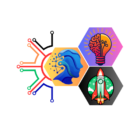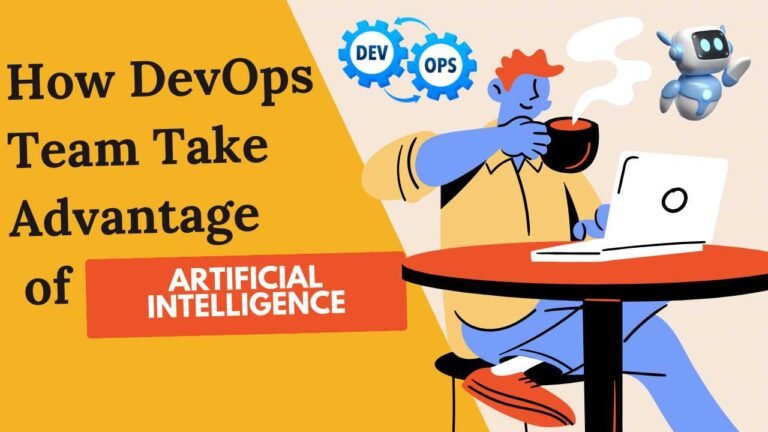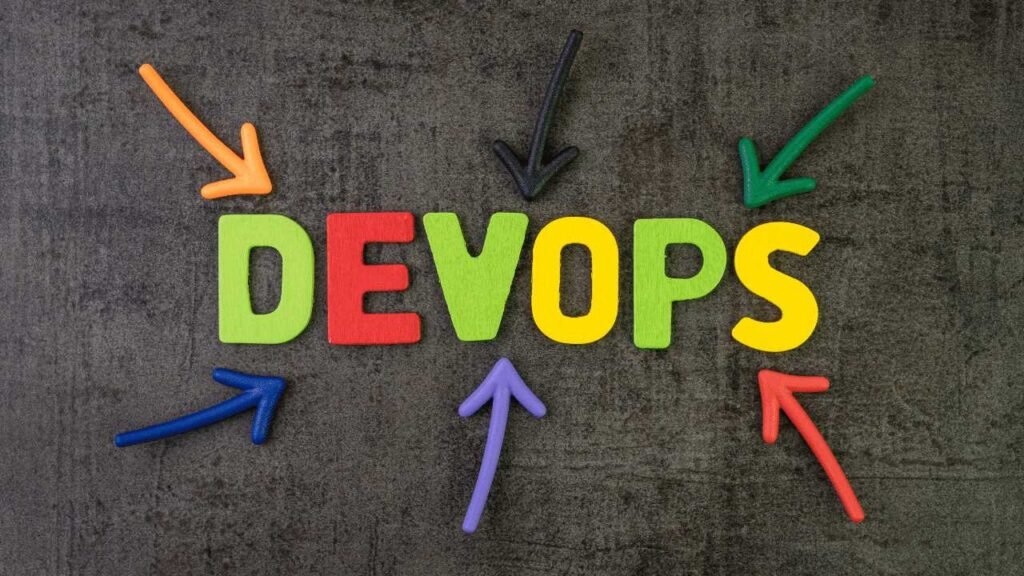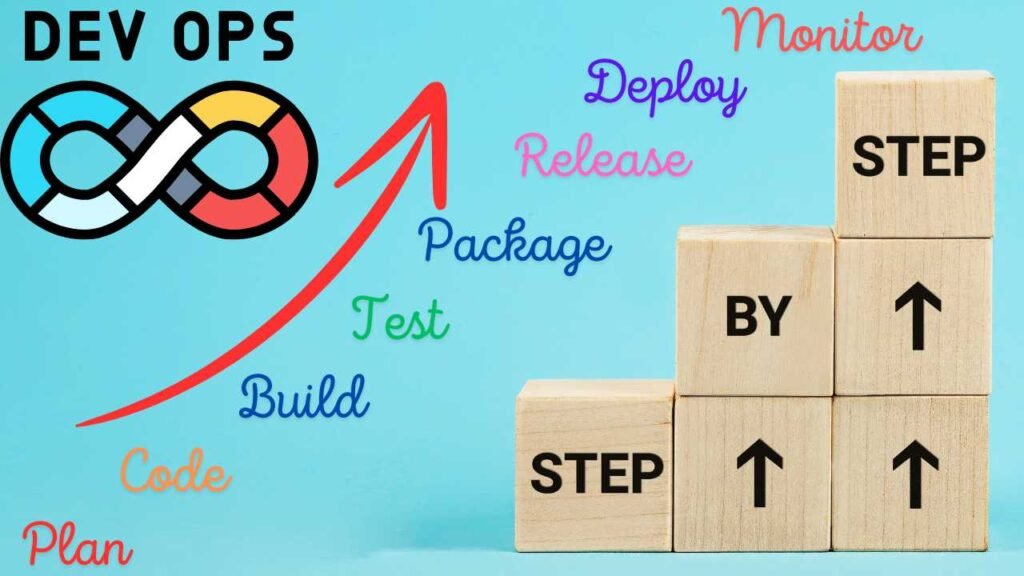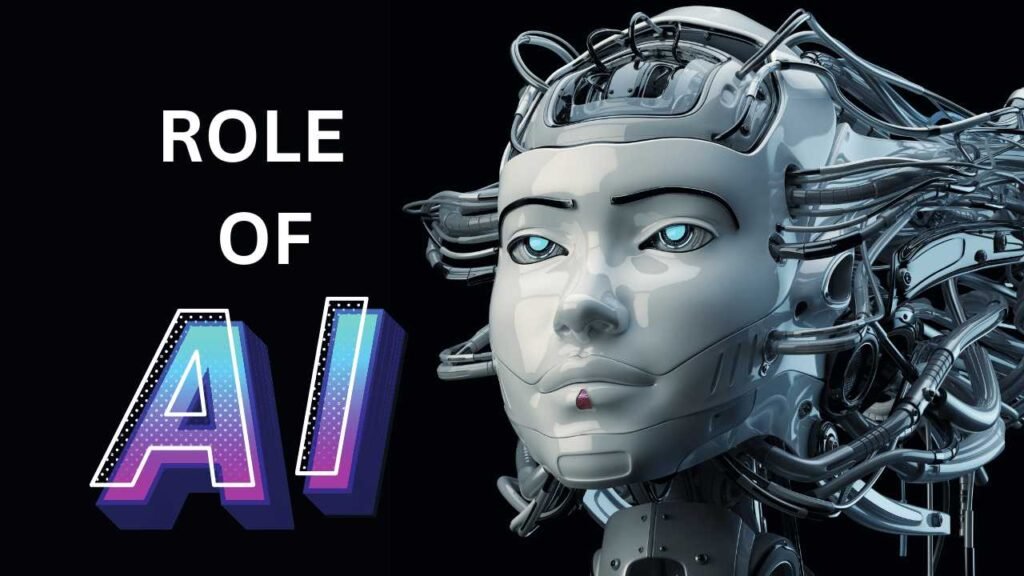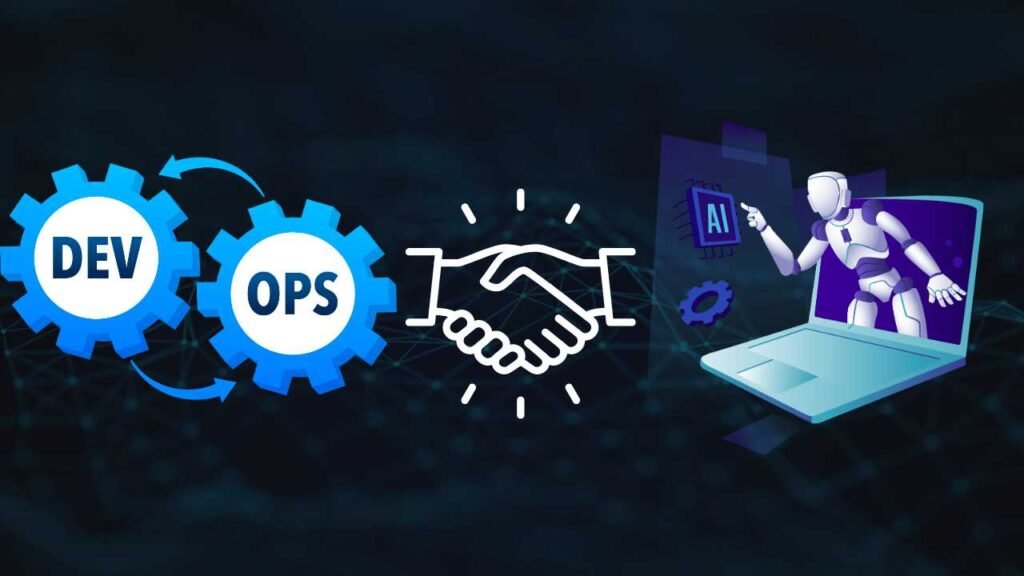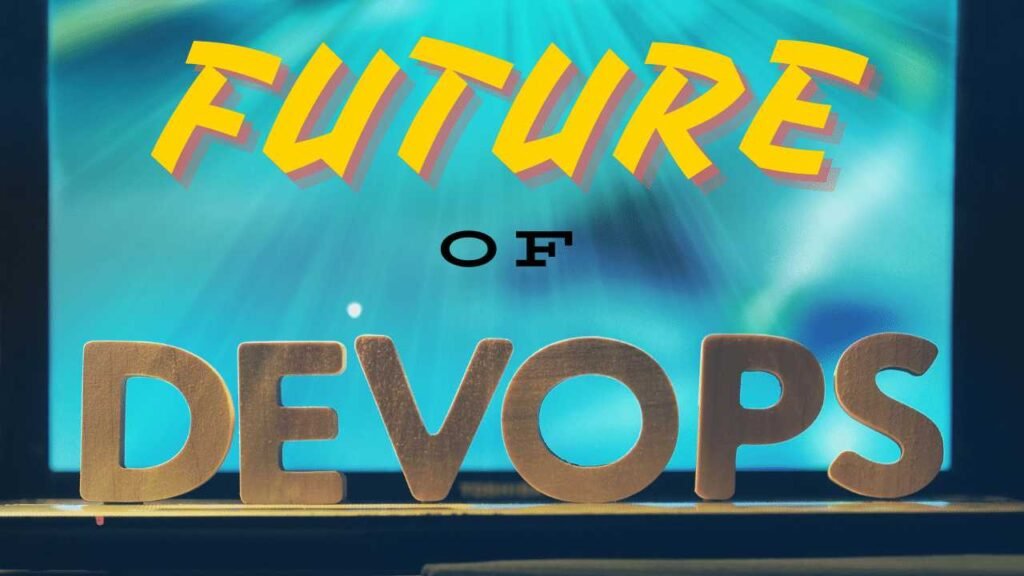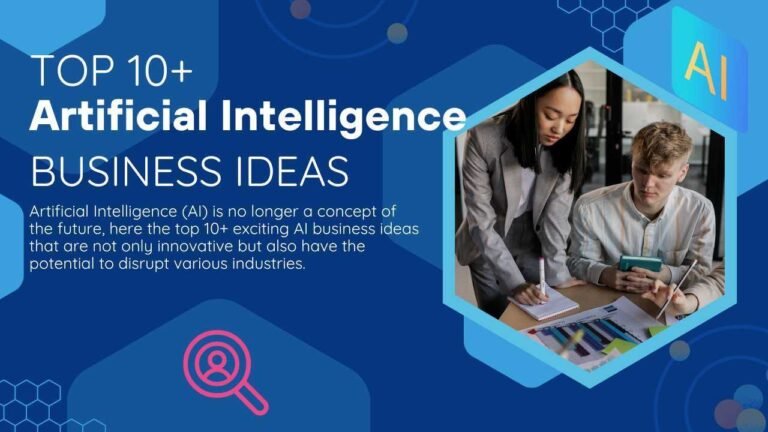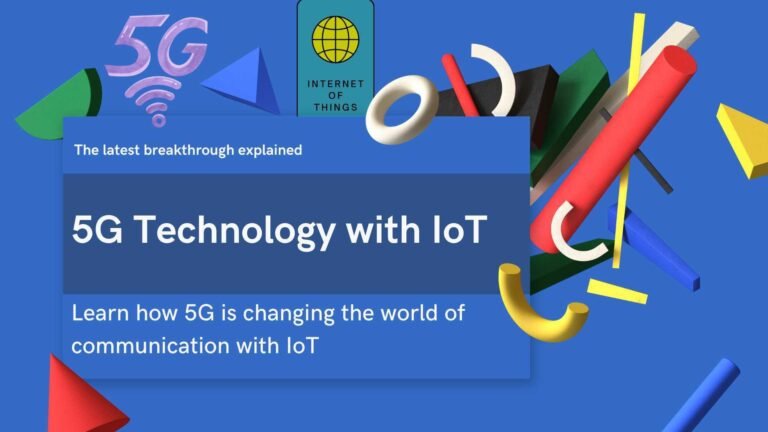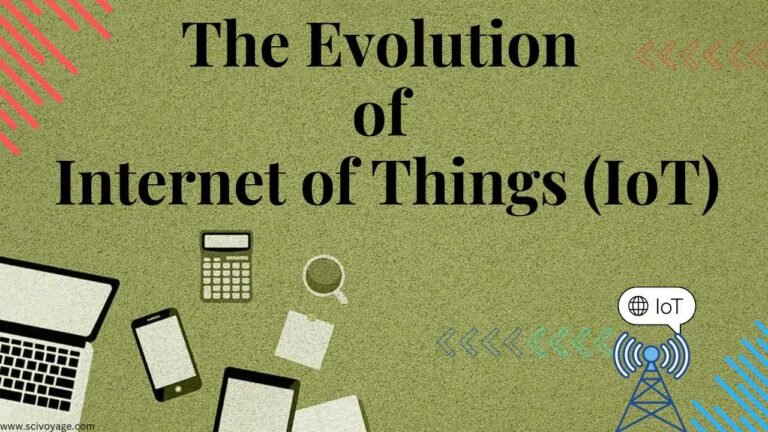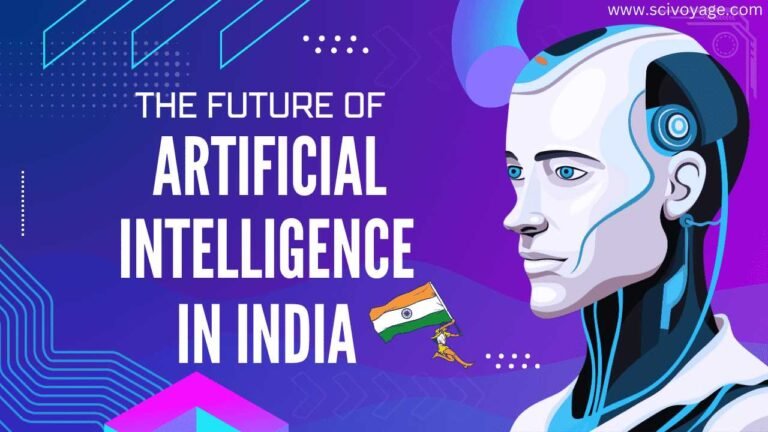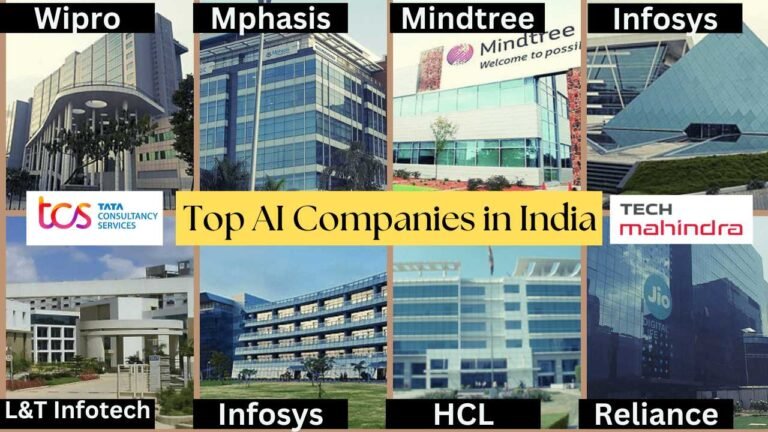Introduction:
The world of technology is always evolving, bringing new chances. Bringing AI into DevOps leads this change, making old ways of working more lively, efficient, and creative. DevOps teams use AI to stay ahead, making strong, smart, and proactive solutions instead of just reacting to changes.
Well, it’s not just a fantasy. This combination is happening now, reshaping how teams work together. In this complete article, you will explore How the DevOps Team Takes Advantage of Artificial Intelligence.
What is DevOps?
DevOps, (a blend of “development” and “operations,”) is a method and toolbox designed to help organizations deliver applications and services faster than before. This rapid pace helps companies serve their customers better and stay competitive.
In simpler terms, DevOps is about breaking down barriers between different parts of a company, like development and operations. In the DevOps approach, these teams work together at every stage of a software’s life cycle, from creation and testing to launch and maintenance.
What are the goals of DevOps Team ?
- Implementing Fast Development Methods
- Employing Efficient Quality Assurance Methods
- Utilizing Swift Deployment Methods
- Enhancing time-to-market by continuously iterating and gathering feedback from stakeholders, including end users, product owners, developers, quality assurance professionals, and production engineers.
What Are the Steps of DevOps Team?
The Steps of DevOps Team are like:
- Plan: This involves managing tasks and schedules.
- Code: This includes development and review, using source code management tools, and merging code changes.
- Build: Here, continuous integration tools, version control, and build status are managed.
- Test: Continuous testing technologies assess business risks and performance.
- Package: This stage involves managing artifact repositories and preparing applications for deployment.
- Release: Change management, approvals, and automation of the release process occur here.
- Deploy: This step includes installing infrastructure, making changes to infrastructure (such as scalability), configuring and managing infrastructure, using infrastructure as code tools, planning capacity, managing resources, performing security checks, deploying services, ensuring high availability, managing data recovery, handling logs and backups, and managing databases.
- Monitor: This involves monitoring service performance, analyzing logs, monitoring end-user experiences, and managing incidents.
The Evolving Landscape of DevOps
Do you remember when DevOps was the new trend? It offered—and actually delivered—a groundbreaking way to develop software and manage operations. Now, fast forward to today, and we’re on the verge of another big change. This time, AI is coming into play, making DevOps not only quicker but also more intelligent.
AI is not just a term or a fantasy from science fiction. It comprises technologies like machine learning and natural language processing, enabling machines to mimic human intelligence. DevOps involves insights, automation, and progress that were once seen as science fiction.
Also read – Top 5 Examples of Cloud Computing
What is Artificial Intelligence and Understanding the Role of AI?
Artificial intelligence (AI) allows machines to learn from experience, adapt to new inputs, and perform tasks similar to humans. Many of the AI applications we talk about today, such as chess-playing computers and self-driving cars, depend heavily on deep learning and natural language processing. By using these technologies, computers can be taught to carry out specific tasks by analyzing vast amounts of data and recognizing patterns within it.
AI is more than just a buzzword or a futuristic fantasy. It’s a suite of technologies—machine learning, natural language processing, and more—that enable machines to mimic human intelligence. For DevOps, this means insights, automation, and enhancements that were once the realm of sci-fi.
Why is artificial intelligence important?
- AI automates data-driven learning and exploration, while also improving existing products with intelligence.
- AI employs progressive learning algorithms to self-program based on data.
- Neural networks with multiple hidden layers enable AI to analyze complex data effectively.
- Deep neural networks contribute to AI’s exceptional precision.
- AI optimizes the utilization of data.
Relationship between DevOps and AI
The teamwork of DevOps and AI has brought big changes to how software is made and how the DevOps team takes advantages of Artificial Intelligence. DevOps is about working together and using machines to automate tasks, while AI uses machine learning to make operations better. DevOps and AI get along well, with AI making DevOps methods even better. Together, they create a lively system that makes developing, launching, and running software faster and better, so teams can deliver top-notch software quickly.
AI in DevOps workflows
AI has a huge impact on DevOps workflows, making them much better from start to finish in making software. Artificial intelligence (AI) can help a lot in DevOps tasks by doing boring jobs automatically, making sure everything is watched closely, and using resources well.
AI helps to solve problems before they even happen by looking at data patterns, finding trends, and giving instant insights. When AI is part of DevOps, organizations can use predictive analytics to know exactly what risks they face, make sure their code fits together well, and launch software smoothly.
This teamwork between development and operations teams gets stronger with AI, making DevOps environments more flexible, getting software out faster, and making it better quality.
How the DevOps Team Takes Advantage of Artificial Intelligence ?
AI can make a big difference in DevOps, making everything faster and better. With AI, DevOps teams can focus on important tasks and make smart decisions because AI handles boring jobs and gives insights based on data.
AI can predict problems, find where things are slowing down, and use resources well by looking at past data. When DevOps teams use AI, they can work ahead of problems, making their process smoother and less likely to have mistakes or delays.
Using AI to automate tasks and help with decisions means software gets released quicker and is more reliable, making the whole DevOps process work better.
AI’s limitations when applied to a DevOps team
Adding AI to DevOps processes can be tricky because many DevOps teams might not know much about AI. Even though DevOps teams are good at working together, using machines, and getting better all the time, using AI and machine learning needs specific knowledge.
To fix this problem, companies might need to get help from AI experts or train their teams. When DevOps teams learn more about AI, they’ll be better at making decisions, using AI tools well, and understanding how AI can change their DevOps work.
AI in DevOps Ethical and Security Considerations
Introducing AI into DevOps brings up important ethical and security issues that need careful attention. It’s vital to make sure that AI is fair, accountable, and transparent as it starts to make big decisions.
To keep automated systems fair and unbiased, DevOps teams need to focus on using AI in ethical ways. And when AI deals with sensitive information, making sure it’s safe becomes even more important.
To use AI in DevOps safely, organizations need to have strong security measures like encryption and access controls in place. This helps protect data from any risks and keeps it safe and intact.
By considering these ethical and security concerns, DevOps teams can use AI in a way that’s both promising and safe, while also keeping privacy and integrity a top priority.
Use of AI in DevOps Implications and Opportunities
The use of AI in DevOps is paving the way for a future where innovation happens quickly, operations become simpler, and things work more efficiently.
By using AI algorithms, DevOps teams can automate testing, keep an eye on how well things are working, and make sure deploying software goes smoothly. This means software will be released faster, be of better quality, and have less downtime in the future of DevOps.
Teams will be able to fix problems before they happen and make things better thanks to using predictive analytics and always watching how things are going.
Using AI in DevOps isn’t just about making technology better. It also helps teams focus on making smart decisions and doing tasks that add value.
This change could completely transform how software is made, shared, and looked after, making things more productive and efficient than ever before.
The Future of AI in DevOps
AI’s potential is deeply intertwined with the future of DevOps. In DevOps, AI won’t just be about automating tasks; it will also be used to make smart decisions and improve things.
AI will have a big role in how software is deployed, how different parts of code fit together, and in making strategic plans. It’s a crucial tool for making DevOps really great because AI algorithms will keep learning and adapting to changes in software.
As AI gets better, the line between developing software and running it will start to blur. This means teams will work together more easily and come up with new ideas faster.
In the future, DevOps will be all about using AI in every step of making software, making things more productive, reliable, and creative than ever before.
Career opportunities in AI-enabled DevOps
The blend of AI and DevOps creates numerous job opportunities for tech workers. Roles such as AI DevOps engineers, AIOps specialists, and DevOps data scientists are on the rise as AI becomes more integrated into DevOps.
These positions require a mix of problem-solving skills, DevOps know-how, and AI expertise. Professionals who can use AI to make processes smoother, automate tasks, and boost productivity will be highly sought after.
Those who can create and oversee AI-driven processes will greatly shape the future of software development and delivery, as AI-enabled DevOps becomes the norm.
Advantages of Using AI in DevOps
Using AI in DevOps brings lots of benefits.
- It helps teams automate tough tasks, predict issues, and make things work better.
- AI’s smart algorithms look at data to find patterns, so teams can make decisions ahead of time and make things easier.
- When AI is part of DevOps, teams can automate tests, spot problems, and predict how things will go when they launch.
- AI doesn’t just make teams work faster, it also helps them make better software that’s reliable and safe.
Challenges and Things to Think About When Using AI in DevOps
Using AI in DevOps comes with some challenges and things to think about. One big issue is that many DevOps teams might not know much about AI. To use AI well, organizations might need to train their teams or get help from AI experts because using AI requires specific skills.
Also, when AI is part of DevOps, it’s important to think about ethics and security. As AI becomes more involved, it’s crucial to be clear about who’s responsible, be open about what AI does, and keep people’s data safe.
Even though there are challenges, the benefits of AI in DevOps are worth it. With careful planning and good use, these issues can be managed well.
Also read – The Future of Artificial Intelligence in India
Conclusion
Bringing together AI and DevOps isn’t just about following trends—it’s about shaping the future. It combines the strengths of DevOps with AI’s capabilities, creating a system that’s strong, efficient, and endlessly innovative.
As software development and delivery become faster, more accurate, and always getting better, the future looks bright. Career opportunities for people skilled in both DevOps and AI are growing as AI-driven insights change how companies work in this field.
To bring in a new era of making software more efficient, better quality, and more innovative, we need to work together, come up with new ideas, and take advantage of the opportunities that AI-powered DevOps brings.
Let’s get ready for a time when DevOps and AI teams collaborate to come up with solutions that were once unimaginable.
Having any queries? – Do reach us at info@scivoyage.com
Frequently Asked Questions (FAQs)
Will DevOps be replaced by AI?
The answer is a clear “No.”
AI serves to enhance and empower rather than replace. Humans will still be responsible for writing the algorithms and deriving value from the data. While machines won’t replace DevOps engineers, they will make their tasks easier to manage, allowing them to focus on adding value.What will be the future of DevOps?
Looking ahead, DevOps is poised for significant growth and adoption in the software development landscape. Every organization aims to move forward and embrace DevOps practices in the modern era. By 2026, the DevOps industry is expected to reach a market value of $10 billion USD, continuing its upward trajectory.What is the future of AI in DevOps?
Digital twins and AI are revolutionizing DevOps by automating various tasks. AI-powered technologies aid developers in tasks such as code review, identifying issues, and providing auto-completion and recommendations. These technologies analyze vast codebases and historical data to generate insights that help developers write more efficient code.What are the benefits of DevOps?
DevOps offers numerous benefits, including:- Improved and quicker product delivery.
- Reduced complexity and faster response to issues.
- Enhanced availability and scalability.
- More stable operating conditions.
- Optimal utilization of resources.
- Increased automation.
- Better comprehension of system outcomes.
- Heightened level of innovation.
What is the main purpose of DevOps?
DevOps, consisting of cultural philosophies, practices, and tools, enables organizations to deliver applications and services at a faster pace. This means they can enhance and update their products more rapidly compared to those relying solely on traditional software development and infrastructure management methods.What are the first steps for a DevOps team to integrate AI?
Start with identifying areas that will benefit most from automation and predictive analytics. Then, invest in training your team to handle AI tools and solutions.How can AI impact the cost-efficiency of DevOps practices?
AI streamlines workflows, predicts and prevents issues before they arise, and automates repetitive tasks, significantly reducing operational costs and resource expenditure.What are common pitfalls when implementing AI in DevOps, and how can they be avoided?
Common pitfalls include underestimating the learning curve and over-relying on AI without human oversight. Avoid these by setting realistic expectations and maintaining a balance between AI automation and human judgment.Can AI replace human decision-making in DevOps?
AI enhances decision-making but can’t replace the nuanced understanding and creative problem-solving humans bring. It’s a powerful assistant, not a replacement.How does AI contribute to the security and compliance of DevOps environments?
AI offers real-time monitoring, anomaly detection, and automated responses, enhancing security. It also aids in compliance by maintaining detailed audit trails and monitoring data protection measures.
